Traumatic Tooth Injuries in Manhattan
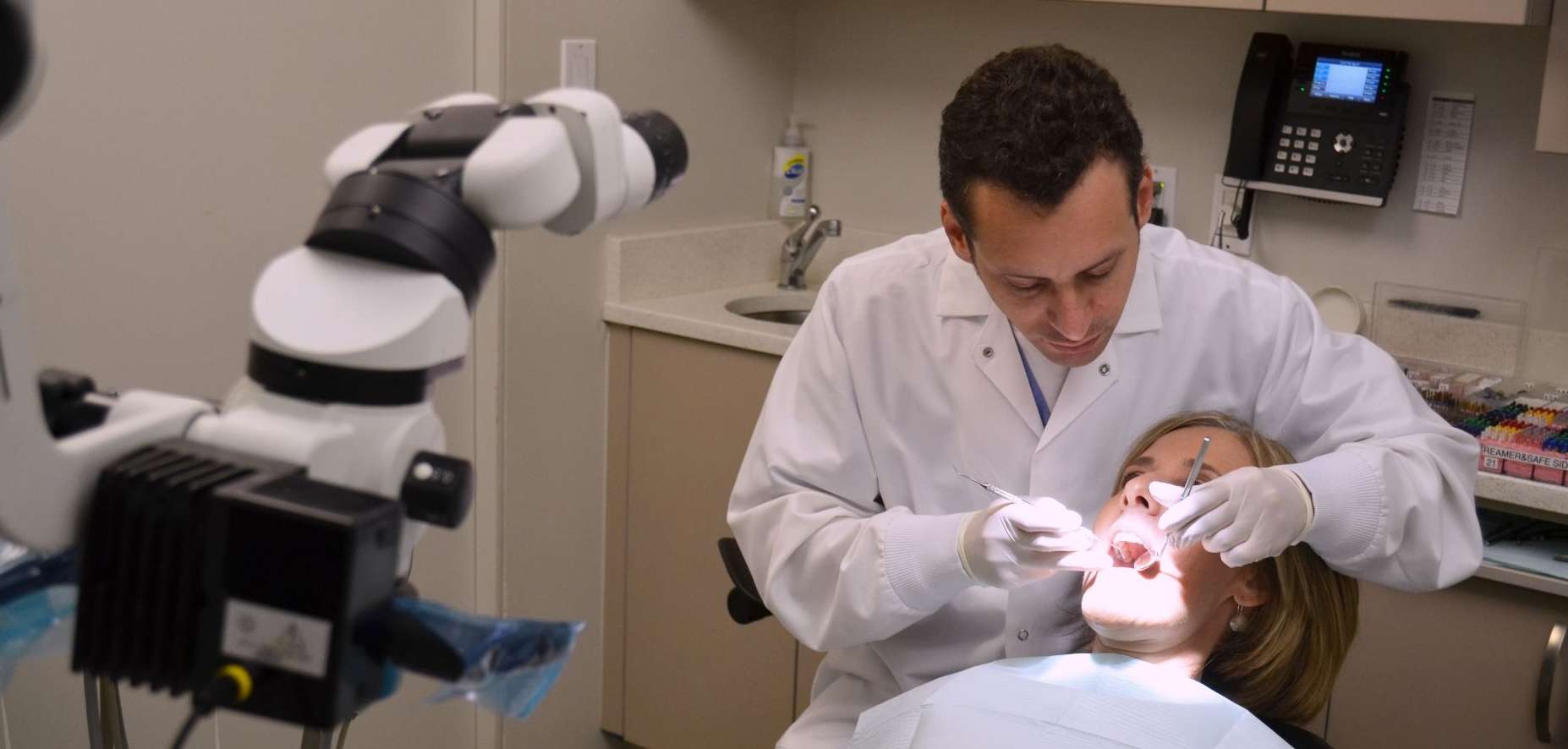
Traumatic Dental Injuries NYC
- What Is Dental Trauma?
- Causes Of Traumatic Tooth Injuries?
- Types Of Tooth Injuries
- Midtown Endodontist NYC
Traumatic tooth injuries can occur in many different situations. Everyday activities such as sports games or emergencies such as car accidents can result in tooth trauma or even teeth being knocked out. You need fast treatment to repair or replace the tooth and guard the integrity of the root structure.
Dr. Lipner can assist with tooth trauma in New York City. No matter how you sustained a tooth injury, he can determine whether you need a root canal to treat the traumatized tooth.
Get in touch with our office immediately if you have suffered a traumatic tooth injury so we can begin assessing the damage as soon as possible.
What Is a Dental Trauma?
Dental trauma occurs when a facial injury affects a tooth and surrounding areas. This damage can lead to a lost tooth or fractures and other injuries. Trauma to the teeth can also happen with hot liquids and chewing on hard foods.
Traumatic Tooth Injury in New York
While a chipped tooth is the most common type of tooth trauma, the most serious injuries stem from accidents where a tooth is knocked out of the mouth or dislodged from its position. Sometimes, multiple teeth will be pushed out of place when a traumatic injury occurs.
It is important to seek treatment quickly. Doing so can help:
- Increase the chances of saving a knocked-out tooth
- Decrease the length of days with tooth pain
- Reduce the risk of infection
If your mouth hurts after the trauma, you can take an over-the-counter pain reliever. Biting lightly on a cold, wet washcloth can also keep pain under control.
If you can push the knocked-out tooth into place, keep it there until your appointment. Do not touch the root of the tooth before you see the endodontist in NYC. If the tooth fell out and you could not fit it back in your mouth, you will need to preserve it until your appointment. Put the tooth in a glass of milk or salted water to keep it moist, and bring it to the endodontist.
Dr. Lipner will determine the extent of the injury and assess whether the trauma has impacted the tooth pulp. Even if you did not lose your tooth, the pulp could be damaged.
Causes of Traumatic Tooth Injuries
Traumatic injuries to the teeth can happen with any sudden, significant impact to the mouth or teeth. Common causes of traumatic tooth injury include facial injuries from:
- Falls.
- Contact sports.
- Work injuries.
- Altercations.
- Car accidents and accidents involving any motorized vehicle.
- Drinking hot liquids.
- Biting into hard foods.
Types of Tooth Injuries
Chipped teeth are the most common traumatized teeth, but any direct trauma to your tooth can result in:
- Displacement: In some cases, a tooth can become loose from impact. It can sink deeper into the gums or stick out while remaining in the gums. The tooth pulp may also suffer an injury during a displacement, meaning you may need a root canal.
- Fracture: If the outer enamel has fractured, you may not feel pain. Enamel injuries that cause sharp edges require filing to smooth them. In situations where the fracture is more severe and affects the pulp inside the tooth, you may be vulnerable to infection.
- Lost teeth: Some trauma can entirely dislodge a tooth from its socket.
Can a Tooth Recover From Trauma?
Whether your tooth can recover depends on many factors, including how quickly you get to an endodontist. It is essential to seek treatment for a traumatic tooth injury immediately. If you have suffered a traumatic tooth injury in New York, you can contact an endodontist quickly. Try to see one within thirty minutes or less. Sometimes, fast intervention can make it possible to save the traumatized tooth.
Regardless of when you receive treatment, the injury you sustain may determine whether your tooth can heal. Serious car accidents and sports industries that cause significant damage can affect the tooth’s surrounding tissue and bone, too. If this happens, keeping your tooth may be impossible. Still, immediate action can get you on the path to treatment and recovery, even if you have lost a tooth.
Tooth Trauma Healing Time
The tooth trauma healing process depends on the type of trauma you have suffered. A simple fracture can heal relatively quickly with a root canal. If you put off getting treatment and infection sets in, the process can be longer. When multiple teeth and even gums and bones in your facial structure sustain damage, healing can be a multi-step process. In a case where you initially lost the tooth and your endodontist treated it, they may follow up for five years with annual evaluations to ensure the root is healthy.
How Do You Fix a Loose Tooth From Trauma?
When you have a loose tooth, try to push it back into position gently. If the tooth is so loose that it has fallen out, you can try to replant the tooth by placing it back in the socket. Only do this with adult teeth — not baby teeth. Once the tooth is in position, bite down just enough to keep the tooth from falling out and get to an endodontist at once.
Treatment for a Traumatic Tooth Injury
Seeing an endodontist quickly and receiving the necessary treatment offers the best chance to save your tooth. In many cases, you may require a root canal to treat the dislodged or knocked-out tooth. Root canals preserve the root structure of the tooth, which can help keep all the teeth in their proper places. When the pulp of the tooth is damaged, a root canal will be the next step, no matter how you sustained the traumatic injury.
During the procedure, Dr. Lipner will treat the tooth pulp to eliminate diseased or infected material. He will remove debris in the root as well. He will then place a temporary filling over the treated area, which will remain until you visit your dentist for a permanent crown.
Do You Have a Traumatic Injury to a Tooth?
Back and front tooth pain after trauma can happen to anyone. If your teeth have sustained a traumatic injury and you need an emergency endodontist, contact Midtown Endodontist NYC to schedule an appointment. You can also call us at (347) 708-8795 and request a free consultation.
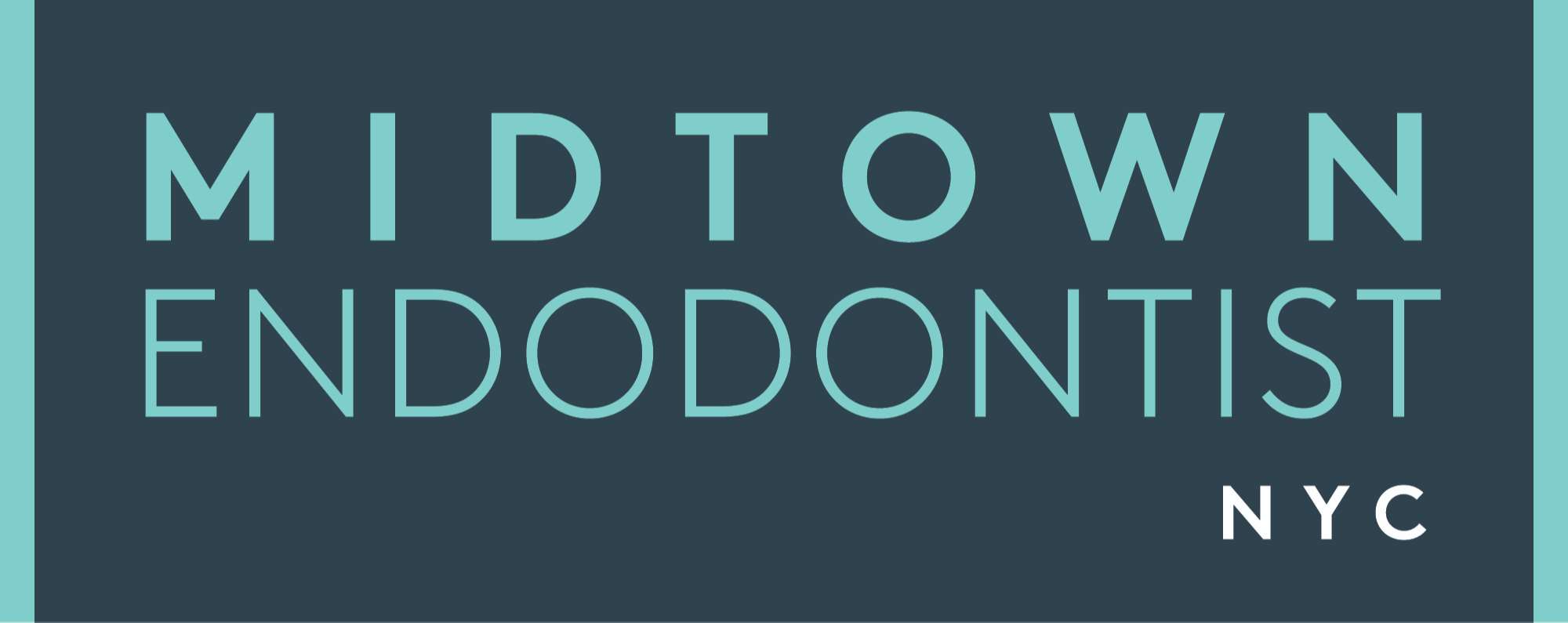
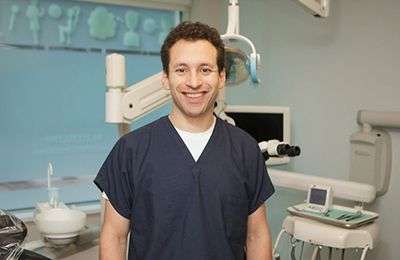 Our Providers
Our Providers
 Blog
Blog
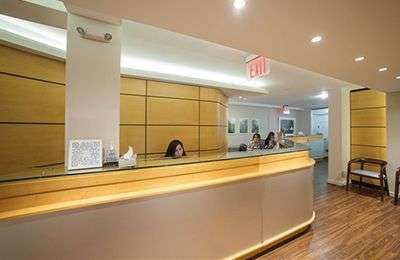 Contact us
Contact us
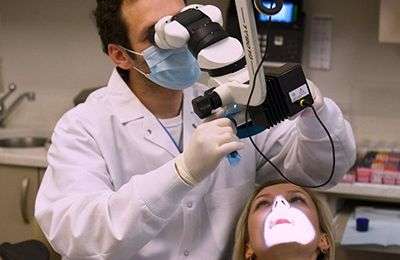 Endodontics
Endodontics
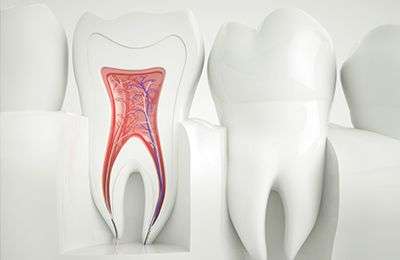 Root Canal Treatment
Root Canal Treatment
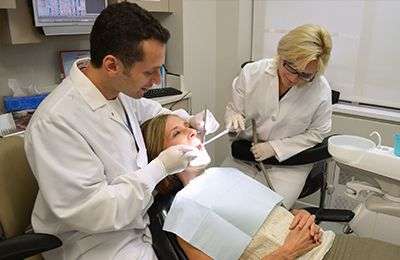 Emergency Root Canal
Emergency Root Canal
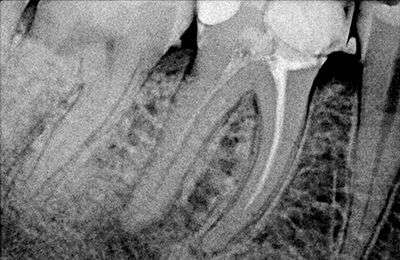 Root Canal Retreatment
Root Canal Retreatment
 Complimentary Teeth Whitening
Complimentary Teeth Whitening
 Teeth Whitening
Teeth Whitening

